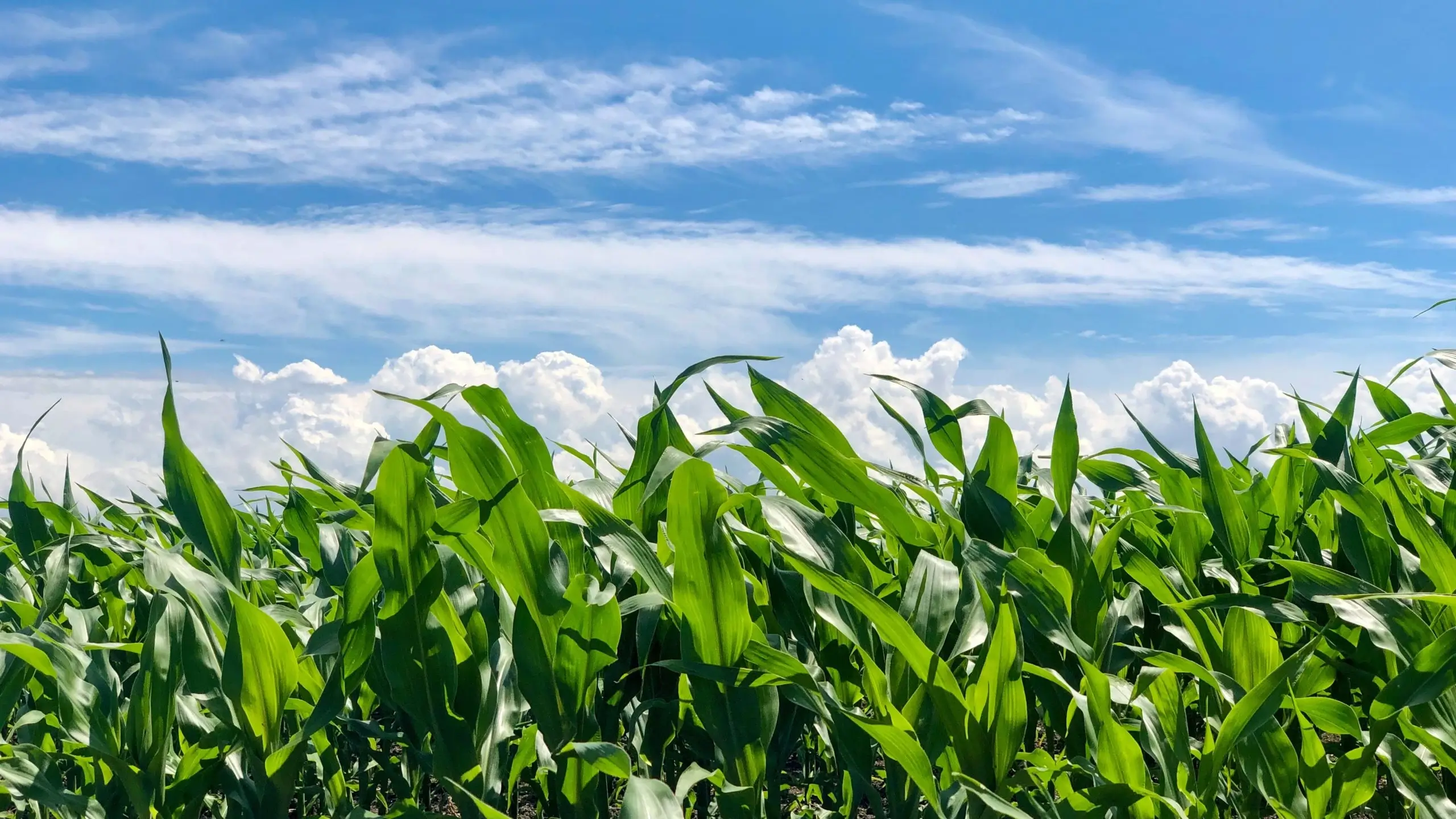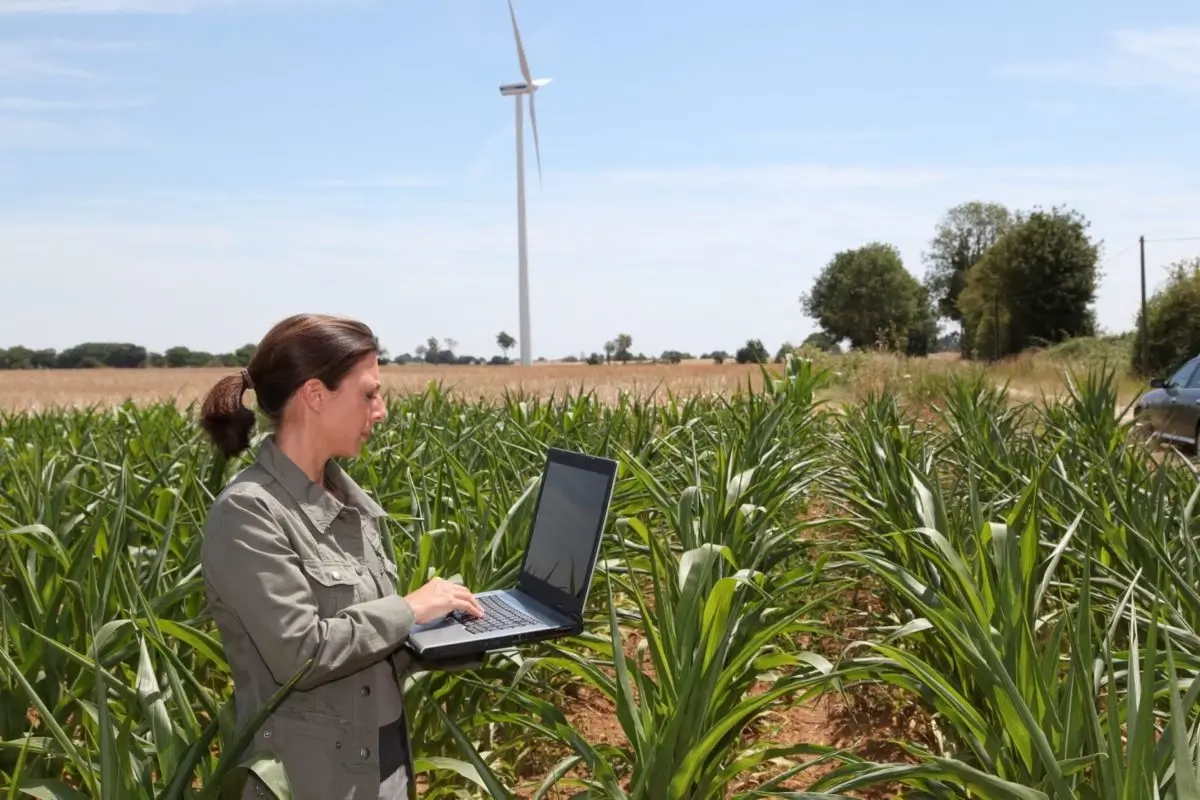Genetics
Europe is the world’s largest producer of maize seed. This leading position is due to the diversity and richness of its land, the dynamics of European research and its certification system, which is the most stringent in the world. This well-known and recognised know-how helps create value for companies and producers.
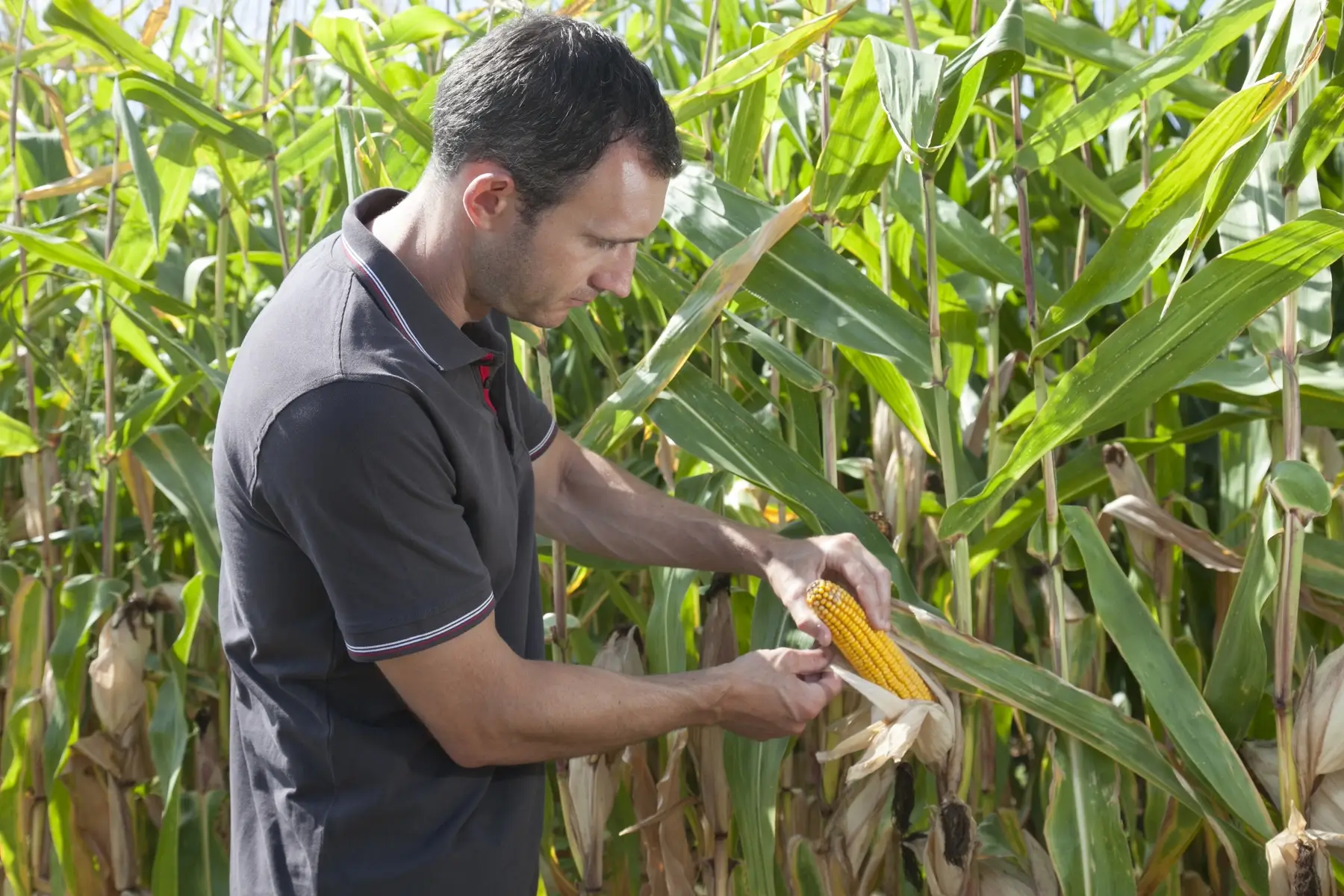
Soil and climate context
Since the early 1950s, the work of the French agricultural research institute INRAE has provided highly productive hybrid varieties suited to the different European soil and climate conditions. Europe has a wide diversity of high-quality agricultural land and is influenced by 3 types of climate: continental, Atlantic and Mediterranean. This diversity ensures the security of European production in the face of unforeseen events, and can supply varieties that cover the specific needs of each market.
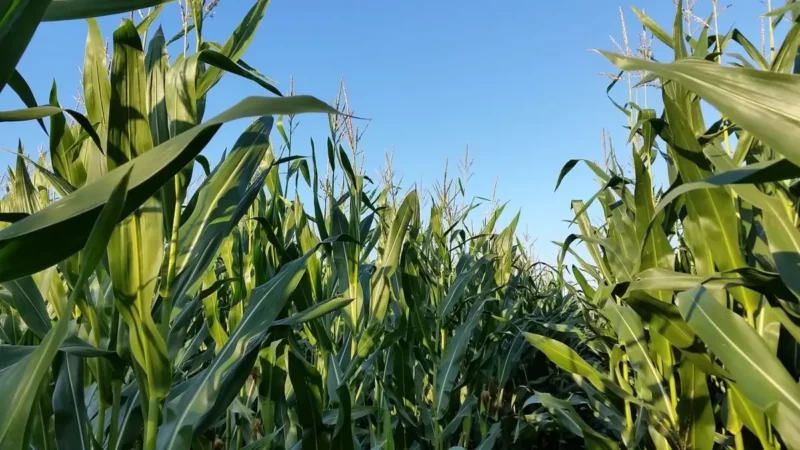
Innovative research
There is a very dynamic research and development sector linked to progress in genetics. Maize cultivation on a global scale is of major economic importance. Moreover, the diversity of maize germplasm offers a huge potential for breeders.
The global economic importance of maize cultivation and the diversity of its germplasm.
Every year, seed companies spend around 13% of their turnover on research and development. With these investments, the sector can keep renewing varieties and can respond to the competitiveness and increased segmentation of the market. Coupled with the reliability owing to the land and organisation, these special characteristics have attracted the major seed producers.
The first step in selection is to create pure and stable lineages. These will be the future parental lineages of the hybrid variety. The breeder thus works over several generations, concentrating on selecting the lineages that show the most promising characteristics.
The second step entails cross-breeding the parental lineages to obtain hybrids that express heterosis (i.e. hybrid vigour). Heterosis results in a gain in performance in comparison with both parents due to the combination of their beneficial traits. These experimental hybrids will be tested under different soil and climate conditions. Only the best performers will be selected.
Farmer-breeders can then start hybrid seed production.
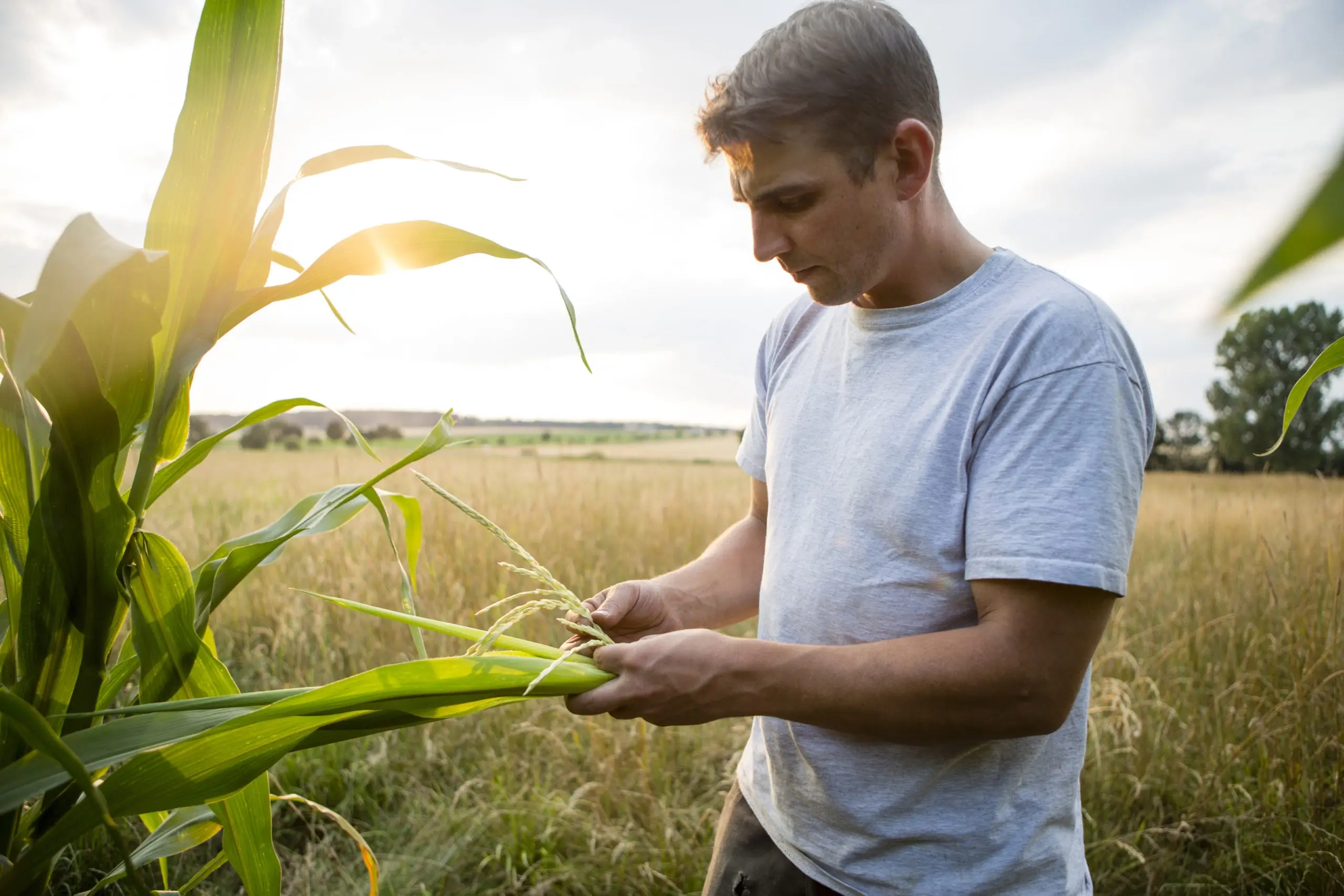
Progress in genetics
The excellence and high standards of the certification system ensure optimum germination capacity, unquestionably pure varieties and optimum traceability from the marketing stage to the propagation plots.
The discovery of hybridisation and the marketing of hybrid seeds from the 1950s onwards in Europe led to a spectacular and sustained increase in yields. Each year, the emergence of new varieties leads to an average and regular gain of 1.2 q/ha.
Plant breeders have also been working for a long time on improving tolerance to water stress, especially at the time of flowering, a particularly sensitive and decisive stage for the development of the yield.
Early growth and vigour at the start of the cycle also determine the performance of the crop. Selective breeding has been used to develop early lineages, enabling maize production to be extended into the colder regions of northern Europe.
Tolerance to diseases and pests is a key factor for the agricultural and environmental performance of maize. While yield and quality of grain or fodder are key criteria for producers, the health status of crops also affects the overall economic performance of the farm.
Due to its large size, maize is particularly susceptible to lodging. This criterion is therefore also taken into account by plant breeders.
“In our assessments, we pay particular attention to the sensitivity of varieties to lodging, which is an important criterion for the inclusion of new varieties in the catalogue,” says Valérie Uyttewaal, head of Distinctness, Uniformity and Stability (DUS) and Value for Cultivation, Use and Sustainability (VCUS) studies at Geves
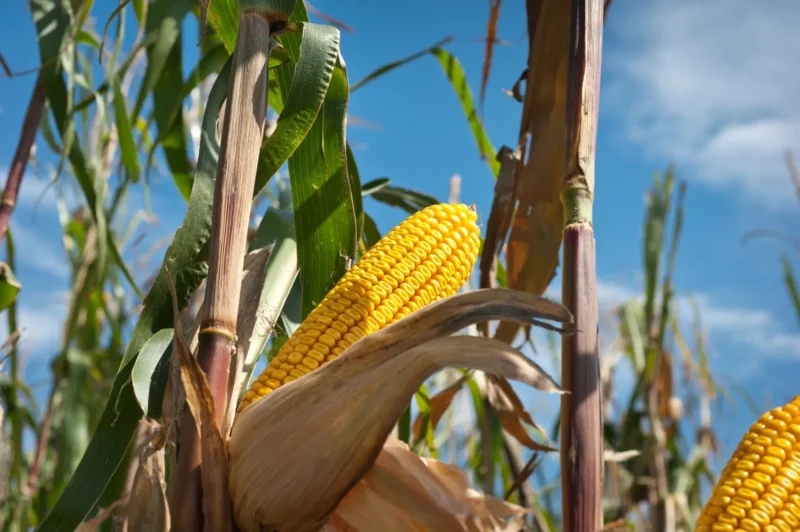
Stringent certification
Did you know that in the European Union, seeds must be certified prior to marketing? The purpose of this certification is to guarantee the identity of varieties, the purity of the species and their germination capacity and health quality.
Before being registered, a variety must be assessed according to Distinctness, Uniformity and Stability (DUS) and Value for Cultivation, Use and Sustainability (VCUS) criteria. To be proposed for registration, the new variety must have sufficient agricultural, technical and environmental qualities.
DUS studies ensure that the variety is not only distinct from known varieties, but also uniform and stable, i.e. that it retains its phenotypical characteristics from generation to generation. These studies are conducted using standard European protocols.
“In 2020, we changed the rules for registering maize varieties in order to adopt a fixed progress objective based on the genetic progress of the last 10 years,” says Valérie Uyttewaal, Head of DUS and VCUS studies at Geves
